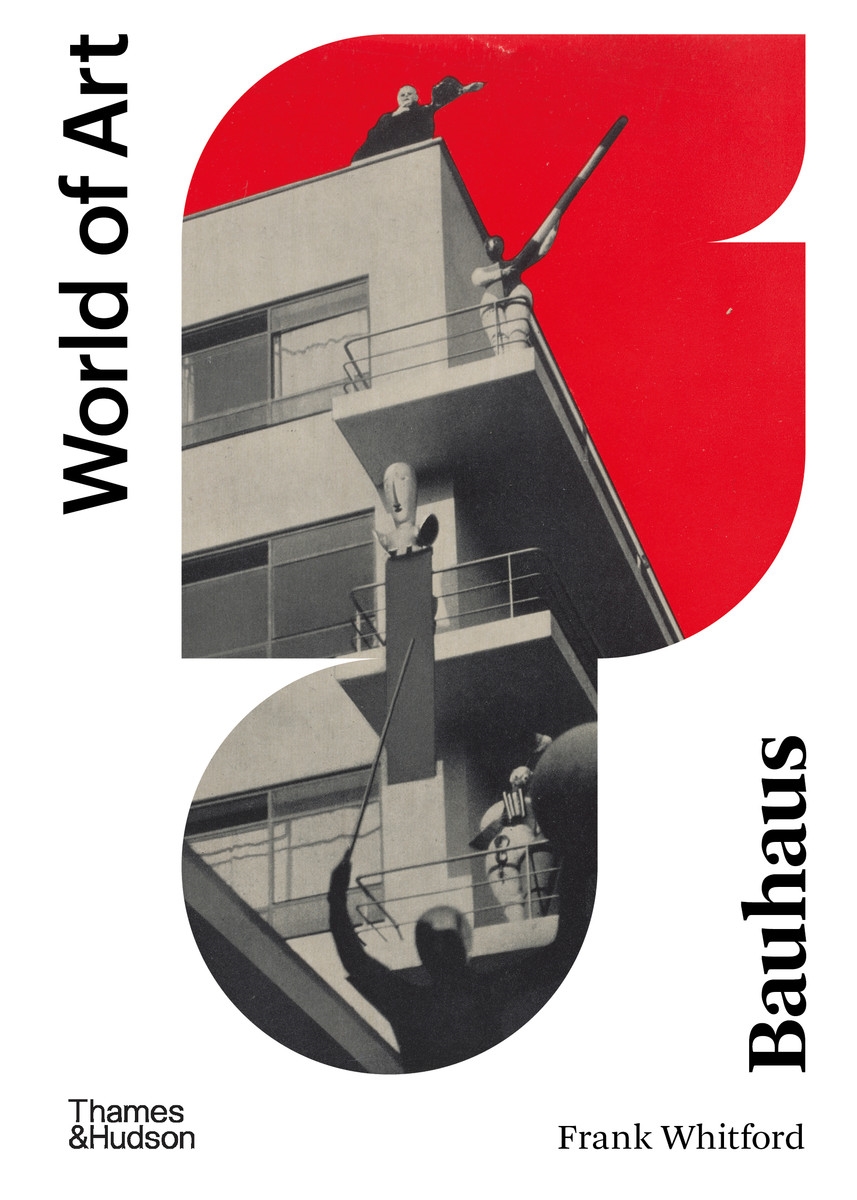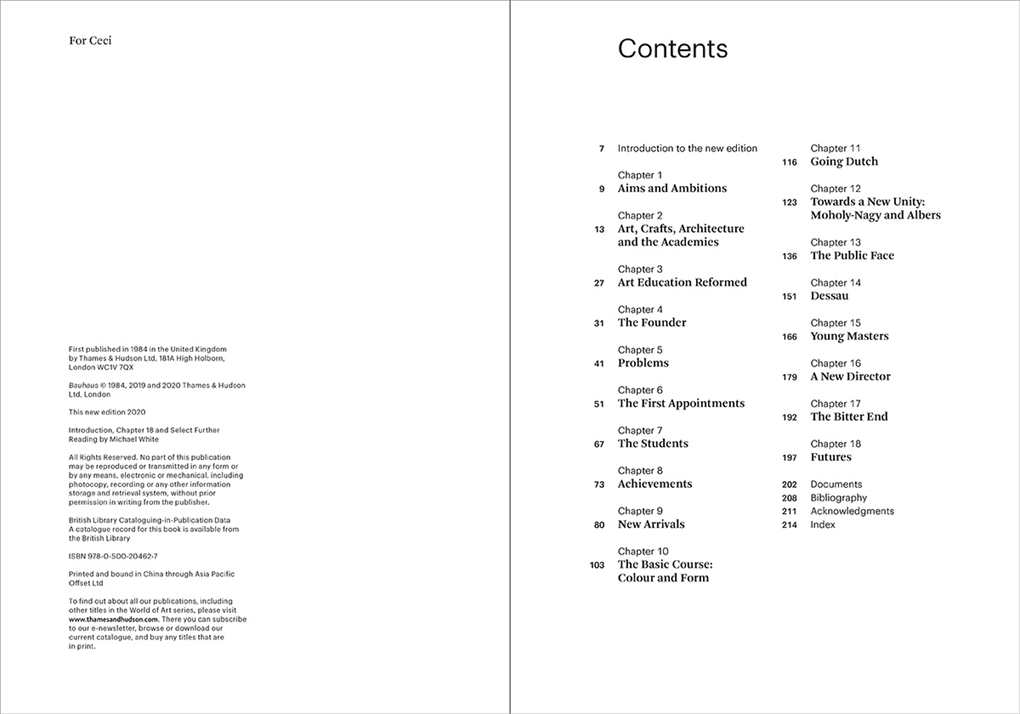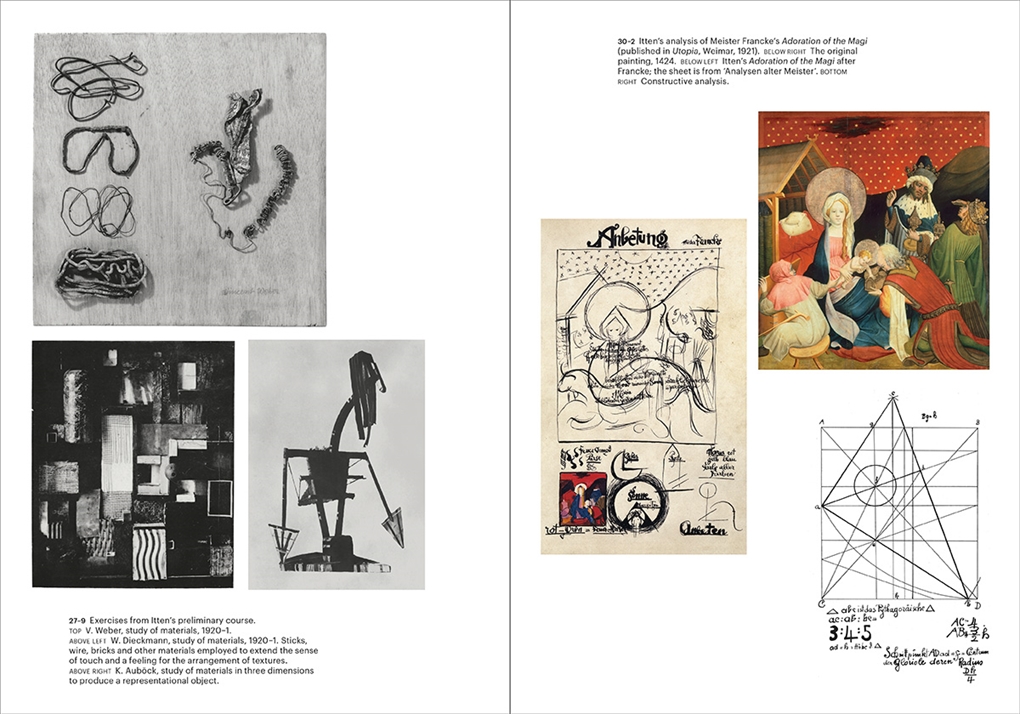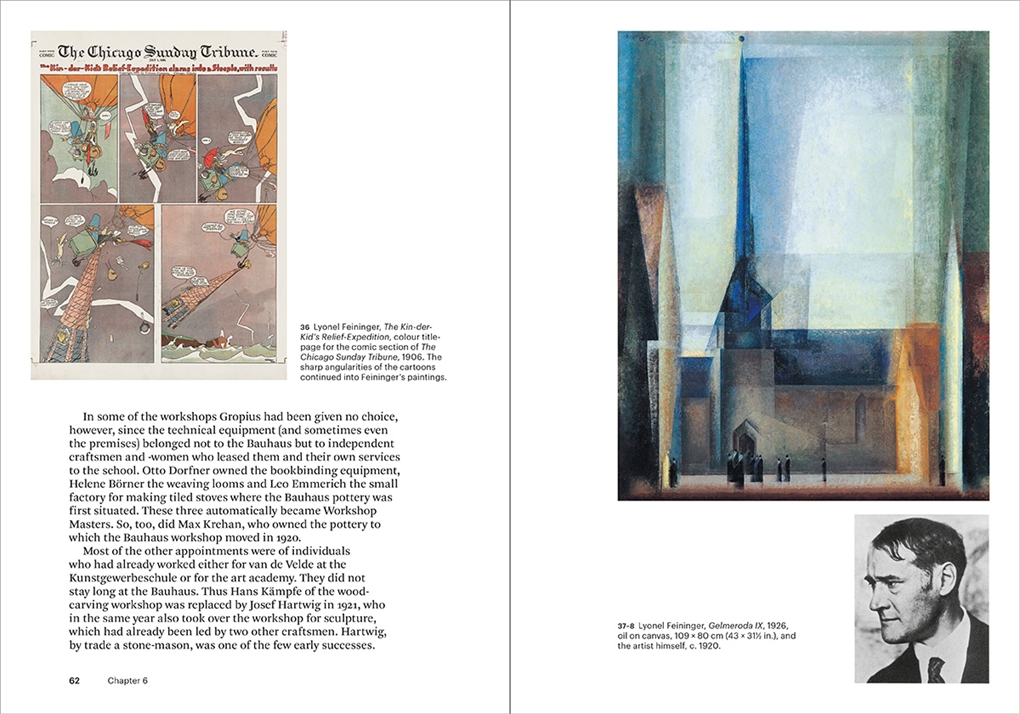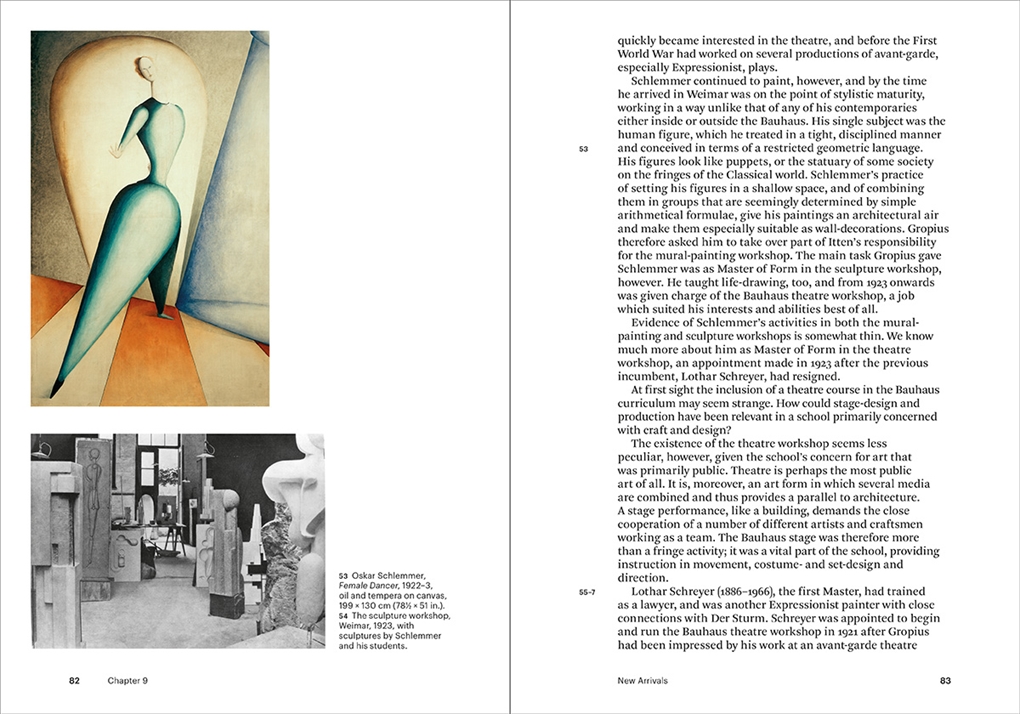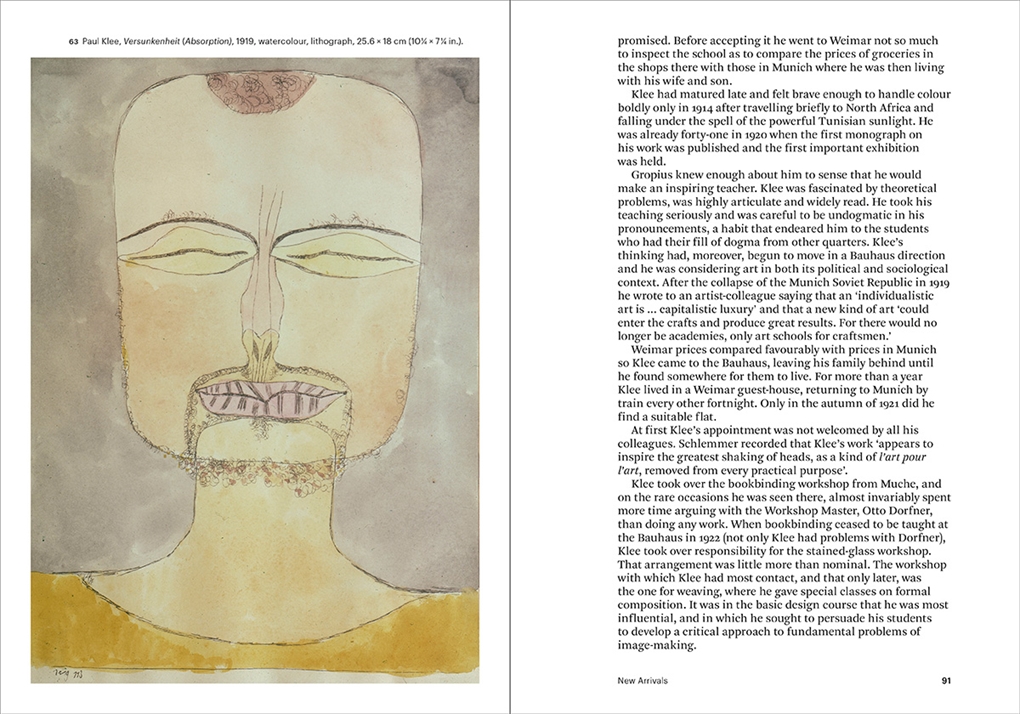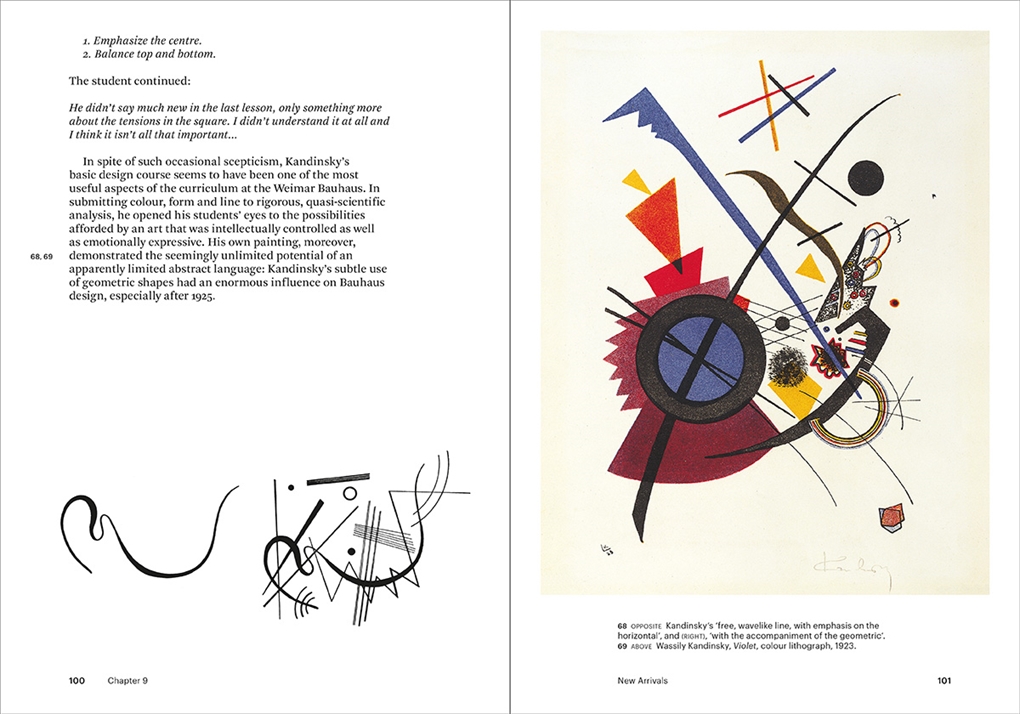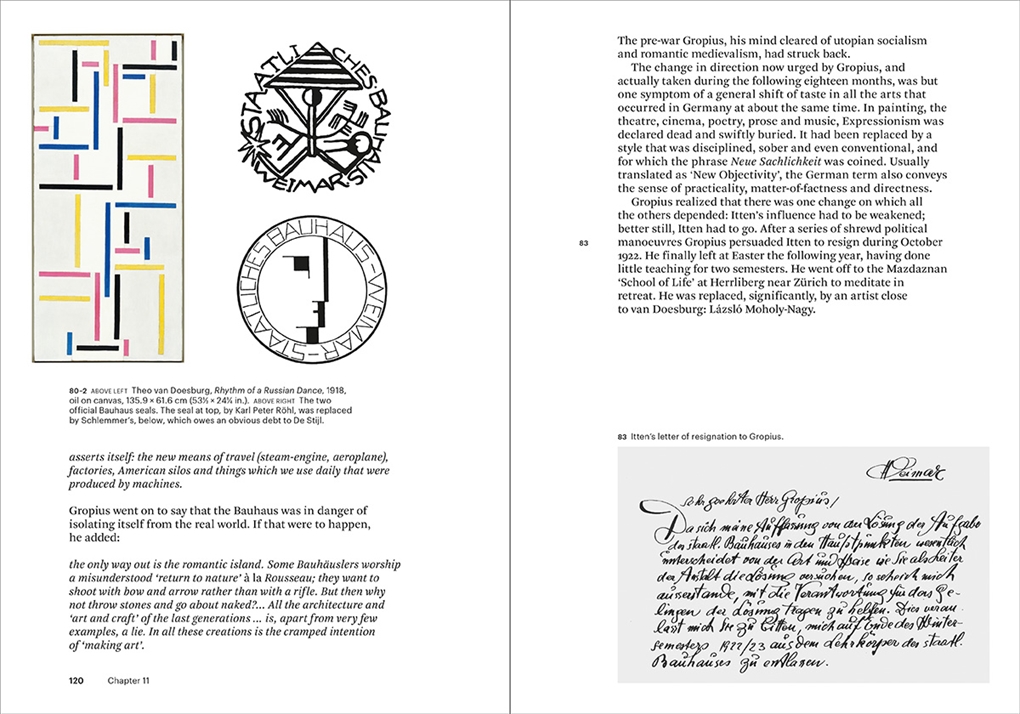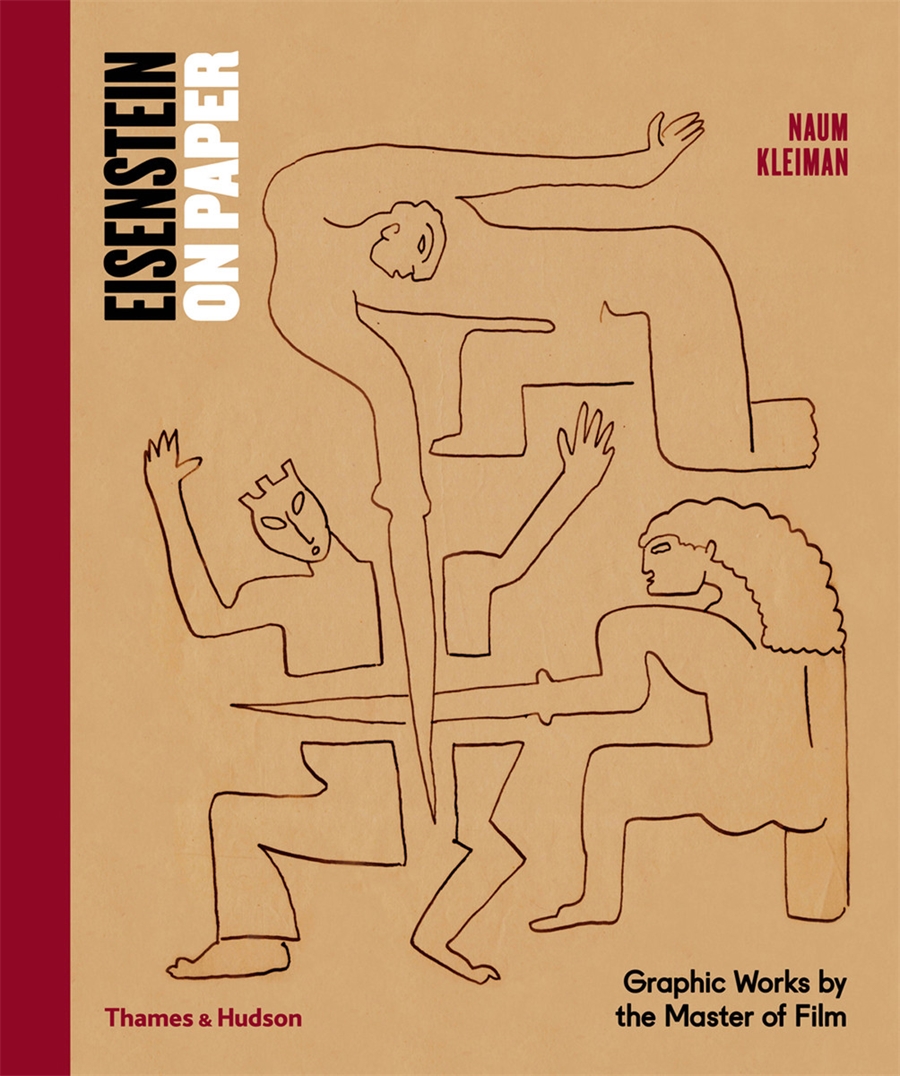Description
The aesthetic of our contemporary environment, including everything from housing developments to furniture and websites, is partly the result of a school of art and design founded in Germany in 1919, the Bauhaus. While in operation for only fourteen years before being shut down by the Nazis in 1933, the school left an indelible mark on design as well as the practice of art education throughout the world.
Placing the Bauhaus into its socio-historic context, Frank Whitford traces the ideas behind the school’s conception and describes its teaching methods. He examines the activities of the teachers, who included artists as eminent as Paul Klee, Josef Albers and Wassily Kandinsky, and the daily lives of the students. This remains the most accessible and highly illustrated introduction to perhaps the most significant design movement of the last hundred years.
